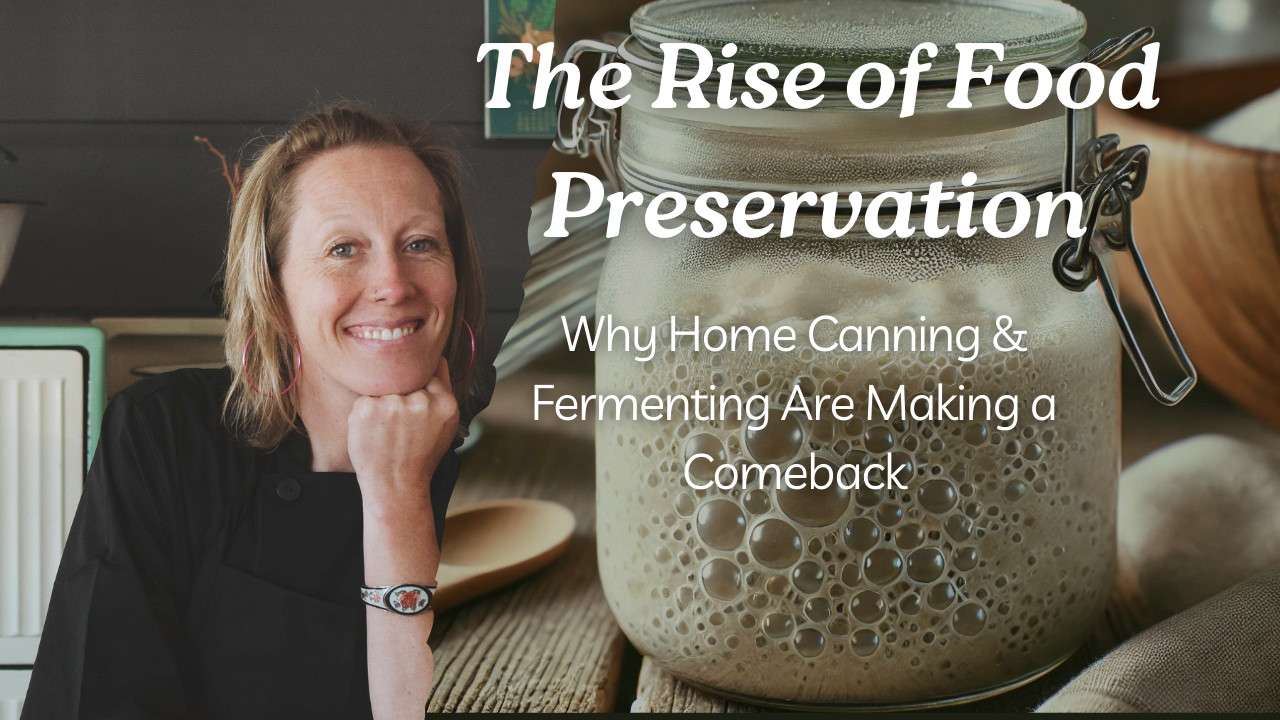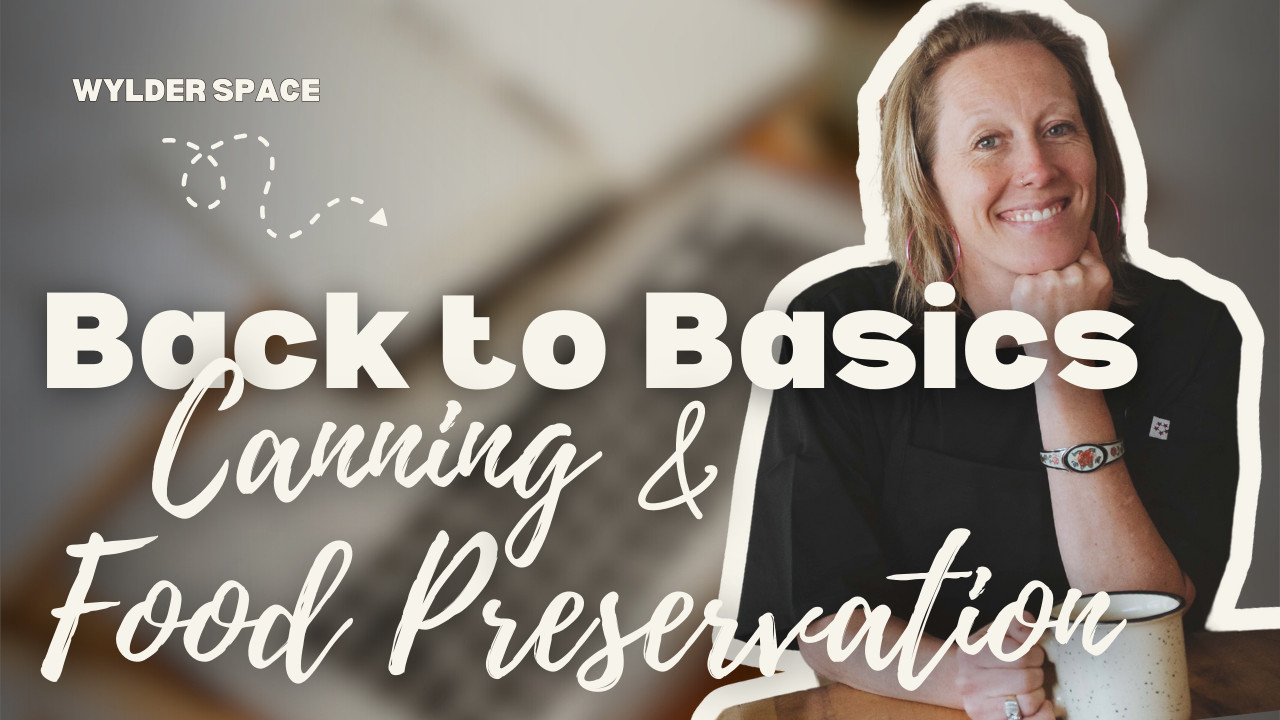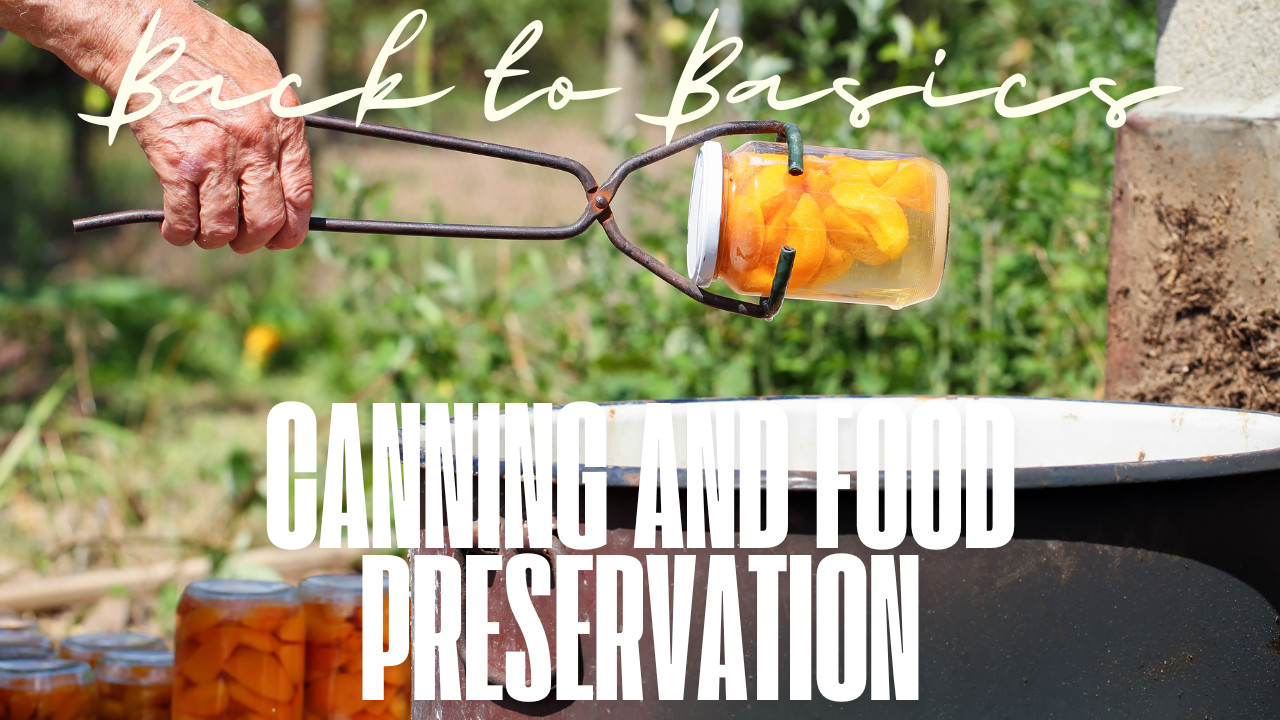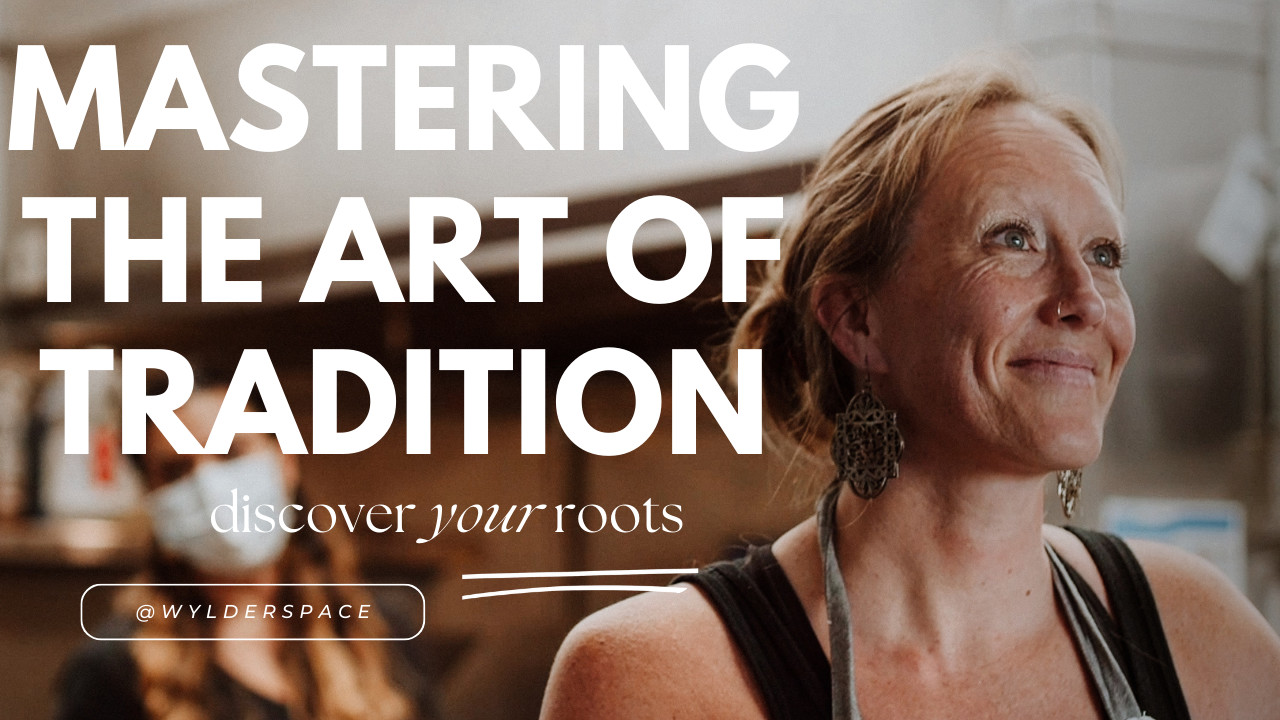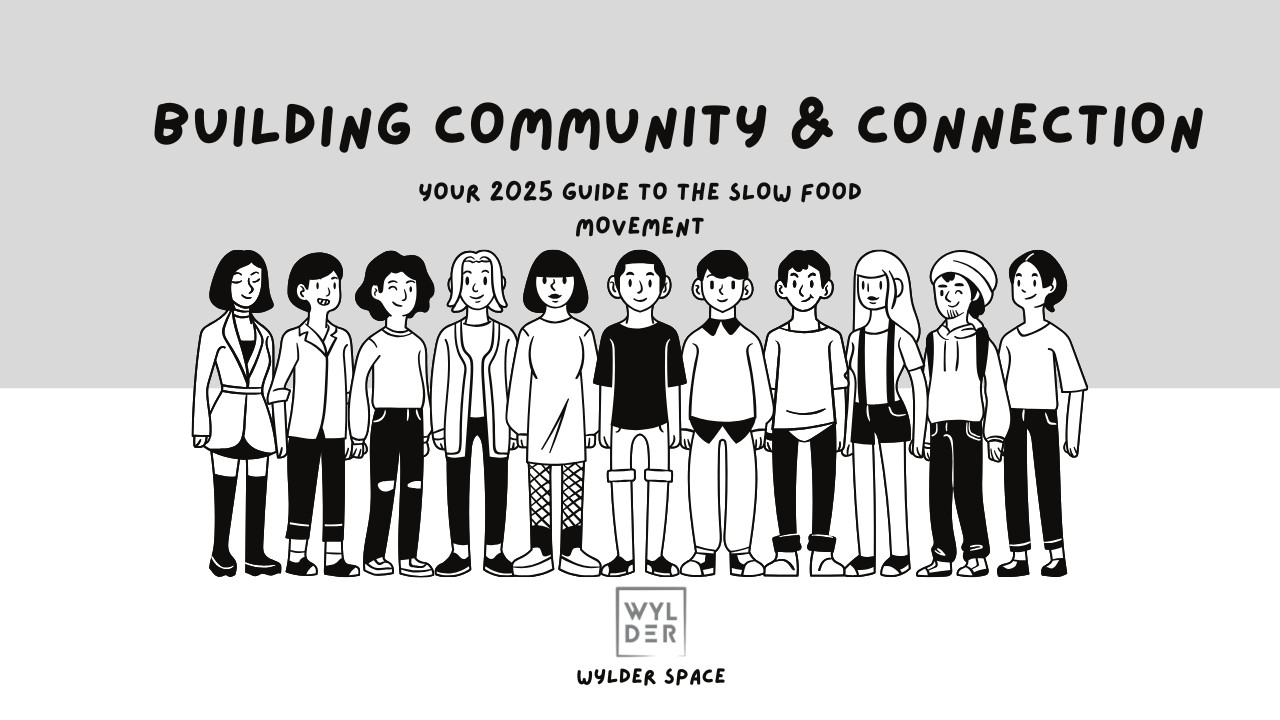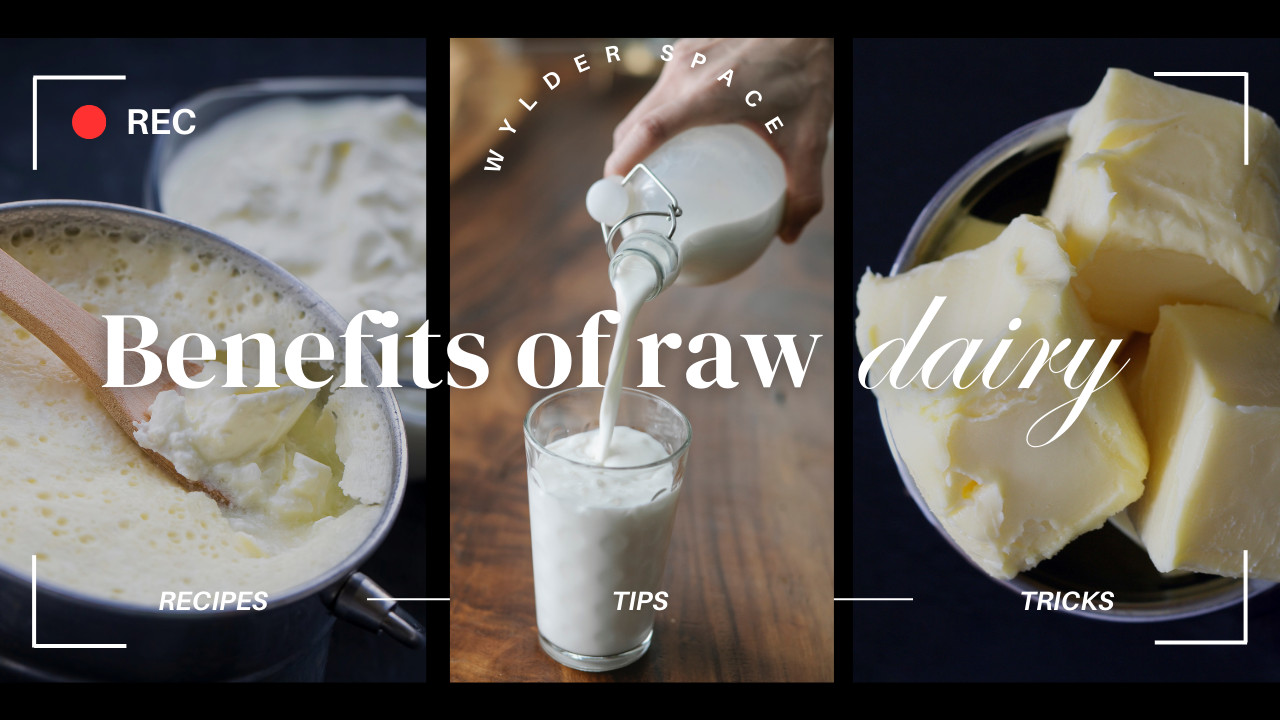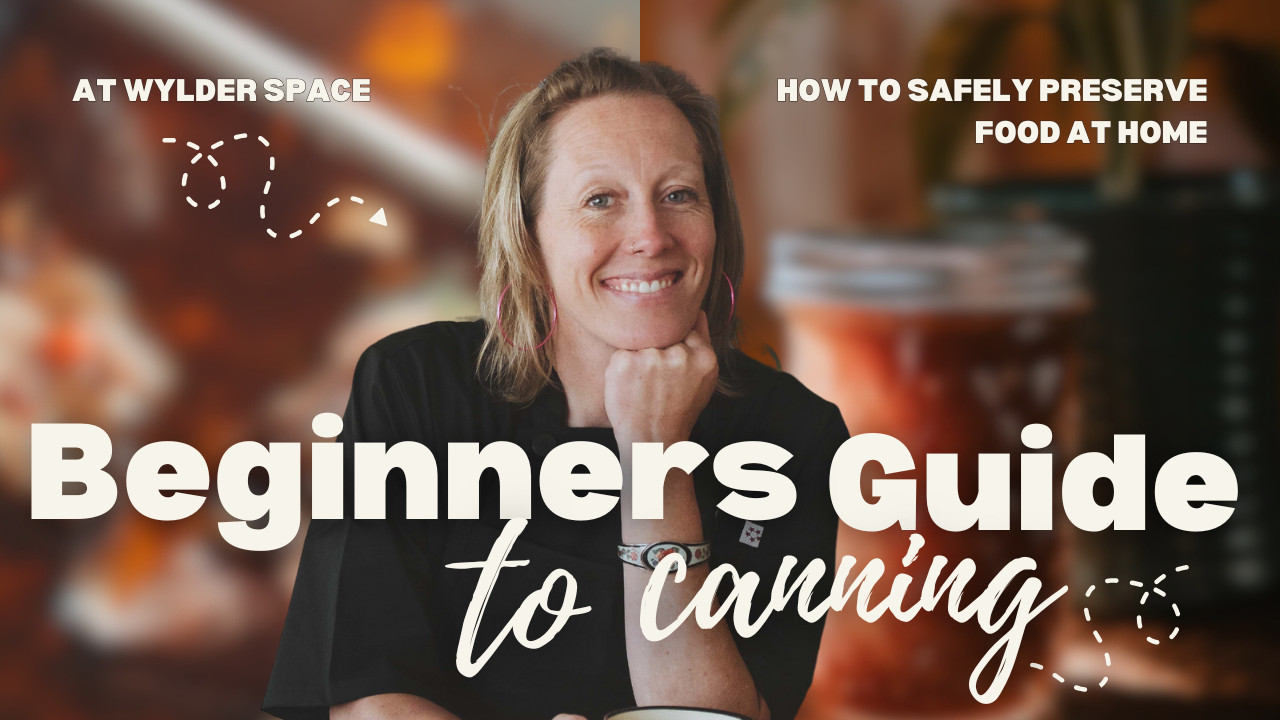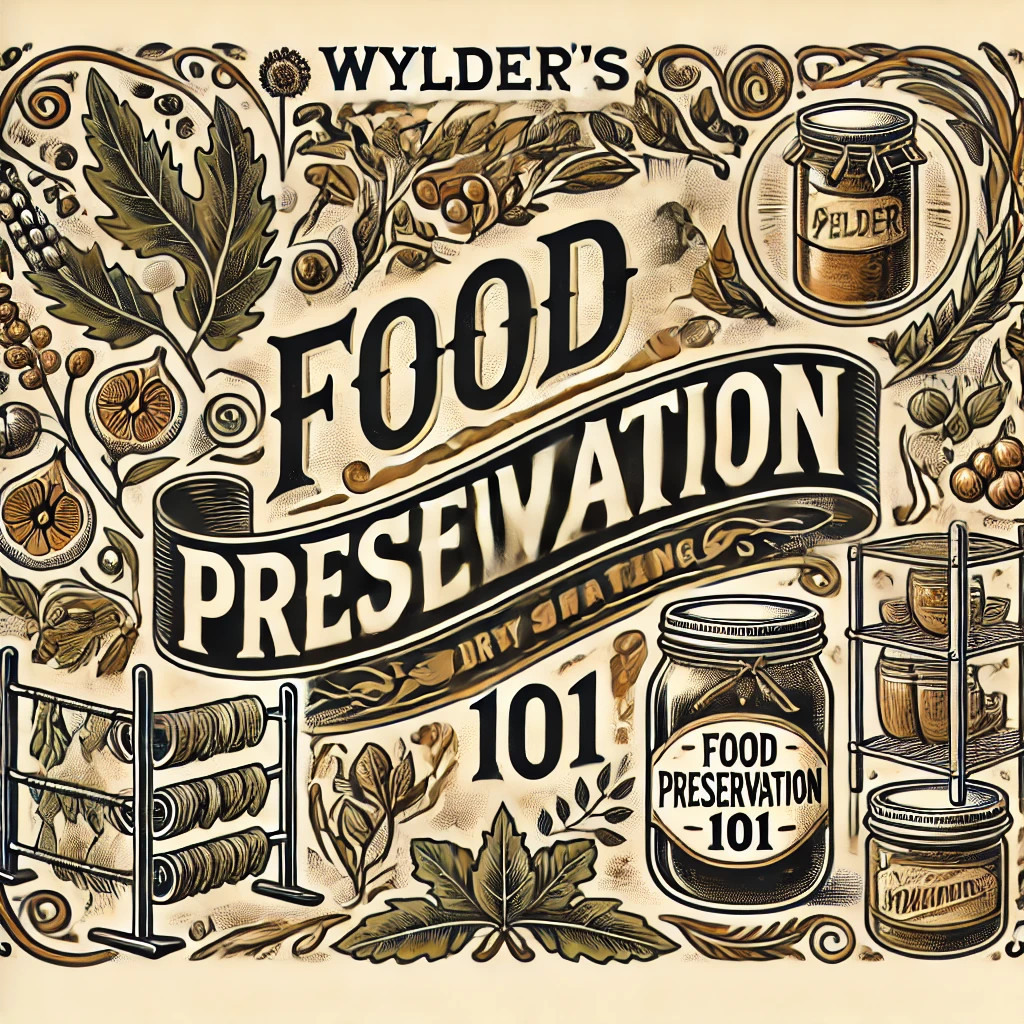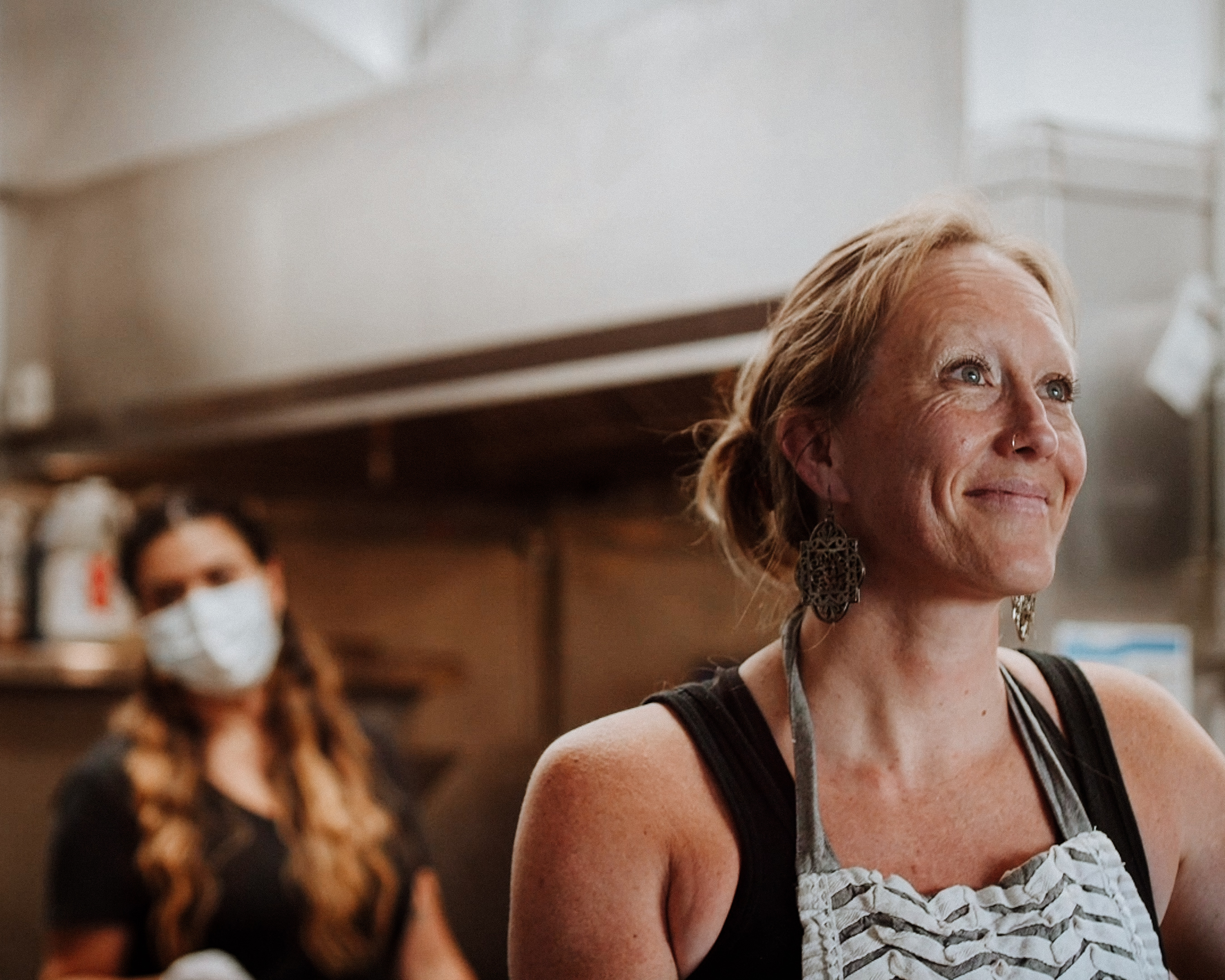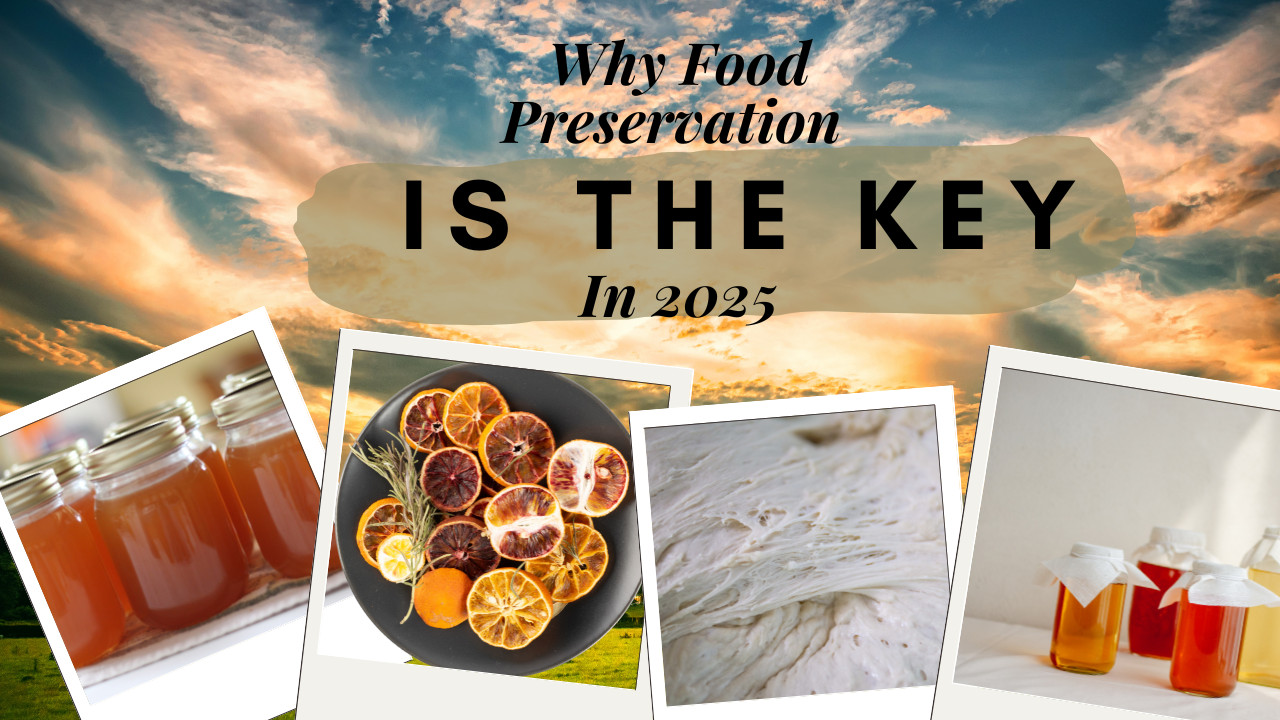
Why Food Preservation in 2025 is the Key to Health, Resilience, and Food Security
The Forgotten Skill That Could Save Your Family’s Health
Imagine walking into your kitchen and knowing that every jar, every bottle, and every dried herb on your shelf is something you preserved yourself—real food, packed with nutrients, free from chemicals, and available whenever you need it.
Why Food Preservation Matters Now More Than Ever
1. Food Security & Supply Chain Uncertainty
With rising grocery prices and unpredictable supply chains, preserving food ensures access to fresh, quality food year-round.
2. Protecting Health with Real, Unprocessed Foods
Mass-produced food contains preservatives and chemicals. Traditional food preservation methods like fermentation enhance gut health and retain nutrients.
3. Building Stronger Communities Through Shared Knowledge
Food preservation fosters community, bringing people together to share skills, recipes, and self-sufficiency practices.
Three Actionable Steps to Reclaim Food Independence This Week
1. Start Small: Preserve One Food Item
Choose a method—fermenting, canning, or dehydrating—and take the first step toward food independence.
2. Buy Local & Build a Seasonal Pantry
Support local farmers and stock up on in-season produce to preserve for the months ahead.
3. Share the Knowledge & Build Community
Invite friends or family to learn with you, host a canning day, or start a local food resilience group.
A Return to Resilience
By embracing food preservation, we reclaim sovereignty over our health, strengthen community ties, and ensure a nourished future for generations to come.
